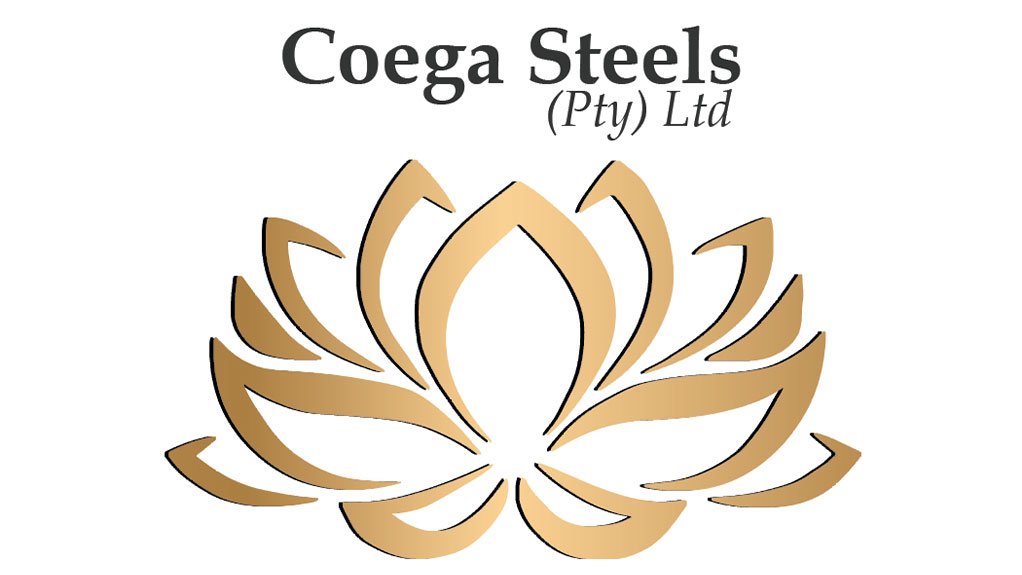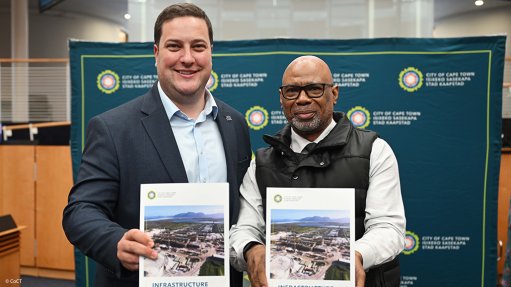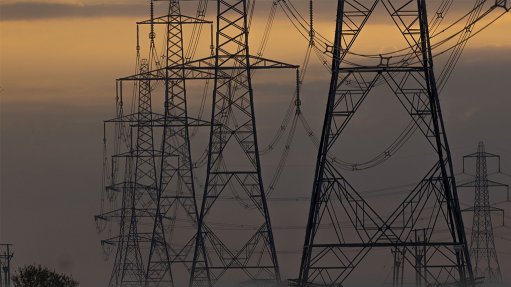The cornerstone of South Africa’s steel industry under threat
The cornerstone of South Africa's long-steel production industry is facing an existential crisis as Arcelor Mittal South Africa (AMSA) continues in its endeavors to pursue the South African Government to change its policies that could jeopardise jobs, regional industrial growth and environmental/decarbonisation progress. AMSA has called for the removal of the export duty on scrap metal and the resetting of the Price Preference System (PPS). These policies were introduced to protect domestic scrap metal resources, foster job creation and encourage industrial investment through domestic beneficiation. This policy has proven beneficial for secondary steel producers, who contribute 75% of South Africa's long-steel production, support over 5 000 households, and operate with significantly reduced carbon emissions compared to primary steel production methods.
If the government yields to AMSA’s demands, the repercussions could be dire and would result in job losses, the collapse of the domestic secondary steel manufacturing industry, a monopolised steel market, and significantly higher prices for long-steel products. Further, this shift would undermine competition and compromise environmental commitments, as primary steel manufacturing generates a substantially higher carbon footprint compared to the electric furnace technologies used by secondary steel producers.
Policy Background: A Decade of Progress
In 2013, the Department of Trade and Industry (DTI), now the Department of Trade, Industry and Competition (DTIC), acknowledged AMSA’s dominance in South Africa’s steel market. At that time, AMSA’s pricing strategies based on import parity led to one of the highest domestic steel prices globally. Meanwhile, valuable scrap metal was being exported with minimal benefit to the local economy.
Recognising the potential of scrap metal as a key resource for secondary steel manufacturing, the government implemented measures to retain this commodity within the country. These included the PPS offering smaller mills access to discounted scrap metal and, later, the introduction of export taxes. These interventions have fostered the growth of electric steel producers, reduced domestic steel prices, and added nearly R20-billion to South Africa’s GDP while creating thousands of jobs with regional diversification across South Africa’s geography.
Coega Steels: A Success Story in Sustainable Steel Production
Founded in 2014 in Nelson Mandela Bay, Coega Steels has become a cornerstone of the Eastern Cape’s economy. The company processes 22 000 t/m of scrap metal, producing 20 000 t of steel billets with a drastically lower carbon footprint than traditional methods. Coega Steels emits approximately 300 kg CO₂ per ton of steel produced compared to approximately 3 200 kg CO₂ per ton of steel emitted by blast furnace technologies.
With 570 employees, Coega Steels plays a vital role in a province grappling with a 37.2% unemployment rate. The company will further expand in 2025 by adding a rolling mill that could increase its workforce to nearly 1 000. This expansion aligns with the DTIC’s Steel and Metal Fabrication Master Plan, which emphasises the importance of scrap metal as a resource for domestic industrial growth.
AMSA’s Push to Reverse Policies
AMSA’s recent financial struggles, including a R512-million loss in the third quarter of 2024, have driven the company to seek policy reversals. AMSA argues that the export tax on scrap metal and the PPS create “unfair advantages” for secondary steel producers. However, lifting these interventions would primarily benefit AMSA at the expense of smaller mills and end consumers.
This is not the first time AMSA has sought policy changes for its benefit. In 2023, the company cited the “artificial competitive advantage” provided to electric furnace operators by a temporary scrap export ban. Despite the lifting of the ban, AMSA’s financial difficulties persist, raising questions about the efficacy of such measures in addressing its underlying challenges. Will AMSA turn profitable if the export tax was lifted and PPS is reset? The Government needs to ponder on this. We believe that processing costs (conversion costs of raw materials to finished products) are substantially lower at secondary producer’s versus AMSA which is a primary steel producer. DTIC must study this before coming to any decision.
The Potential Fallout of Policy Reversals
If the government accedes to AMSA’s demands, the consequences could include:
- The free flow of scrap metal out of South Africa, undermining local industrialisation through domestic beneficiation and job creation.
- The collapse of smaller mills reliant on affordable scrap supplies, leading to a monopolised steel market and inflated prices.
- Increased environmental harm due to reliance on blast furnace technology which hugely emits polluting gases.
- The export of scrap metal only to reimport finished products at higher costs, contradicting the DTIC’s goal of promoting domestic beneficiation.
While AMSA itself plans to transition to electric furnace technology by 2028, the current policy reversal would endanger the sustainability of mini mills crucial to South Africa’s steel sector.
A Call for Inclusive Policy Development
The South African government must prioritise a long-term, inclusive strategy for the steel industry. Such a strategy should:
- Balance the needs of primary and secondary steel producers.
- Protect and create jobs.
- Foster industrialisation and local resource beneficiation.
- Position South African steel as a competitive export product for regional markets and the entirety of Africa under AfCFTA.
- Promote competition to benefit downstream manufacturers and consumers.
A collaborative approach that considers all stakeholders is essential to securing the future of South Africa’s steel industry and its critical role in economic development.
Bio:
Hassan Khan is the CEO of Coega Steels - which is the first and the only secondary steel manufacturing company in the industrial history of the Eastern Cape.
Article Enquiry
Email Article
Save Article
Feedback
To advertise email advertising@creamermedia.co.za or click here
Announcements
What's On
Subscribe to improve your user experience...
Option 1 (equivalent of R125 a month):
Receive a weekly copy of Creamer Media's Engineering News & Mining Weekly magazine
(print copy for those in South Africa and e-magazine for those outside of South Africa)
Receive daily email newsletters
Access to full search results
Access archive of magazine back copies
Access to Projects in Progress
Access to ONE Research Report of your choice in PDF format
Option 2 (equivalent of R375 a month):
All benefits from Option 1
PLUS
Access to Creamer Media's Research Channel Africa for ALL Research Reports, in PDF format, on various industrial and mining sectors
including Electricity; Water; Energy Transition; Hydrogen; Roads, Rail and Ports; Coal; Gold; Platinum; Battery Metals; etc.
Already a subscriber?
Forgotten your password?
Receive weekly copy of Creamer Media's Engineering News & Mining Weekly magazine (print copy for those in South Africa and e-magazine for those outside of South Africa)
➕
Recieve daily email newsletters
➕
Access to full search results
➕
Access archive of magazine back copies
➕
Access to Projects in Progress
➕
Access to ONE Research Report of your choice in PDF format
RESEARCH CHANNEL AFRICA
R4500 (equivalent of R375 a month)
SUBSCRIBEAll benefits from Option 1
➕
Access to Creamer Media's Research Channel Africa for ALL Research Reports on various industrial and mining sectors, in PDF format, including on:
Electricity
➕
Water
➕
Energy Transition
➕
Hydrogen
➕
Roads, Rail and Ports
➕
Coal
➕
Gold
➕
Platinum
➕
Battery Metals
➕
etc.
Receive all benefits from Option 1 or Option 2 delivered to numerous people at your company
➕
Multiple User names and Passwords for simultaneous log-ins
➕
Intranet integration access to all in your organisation




















